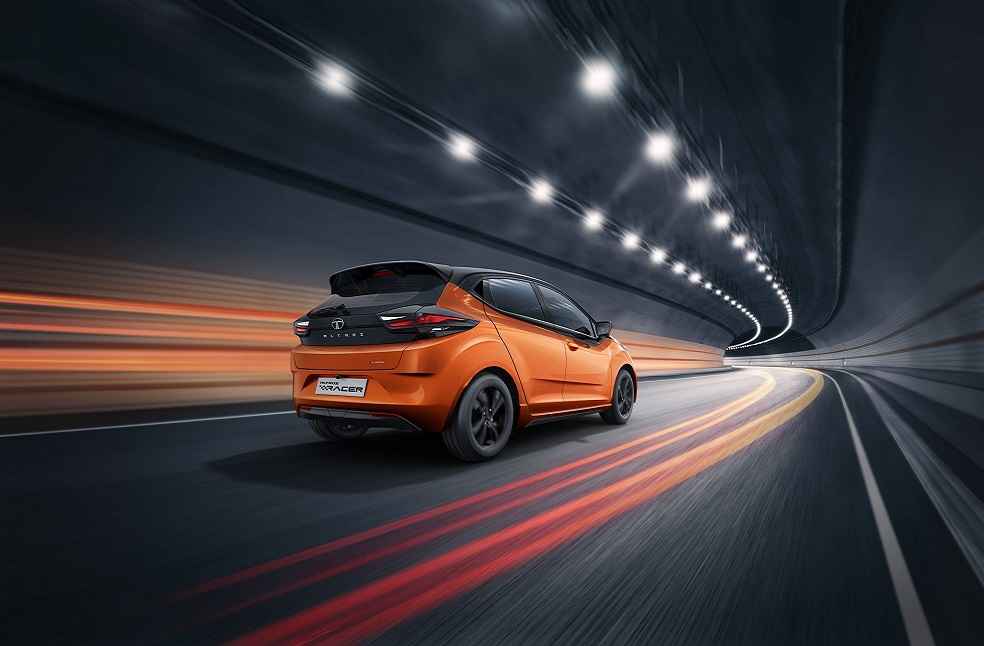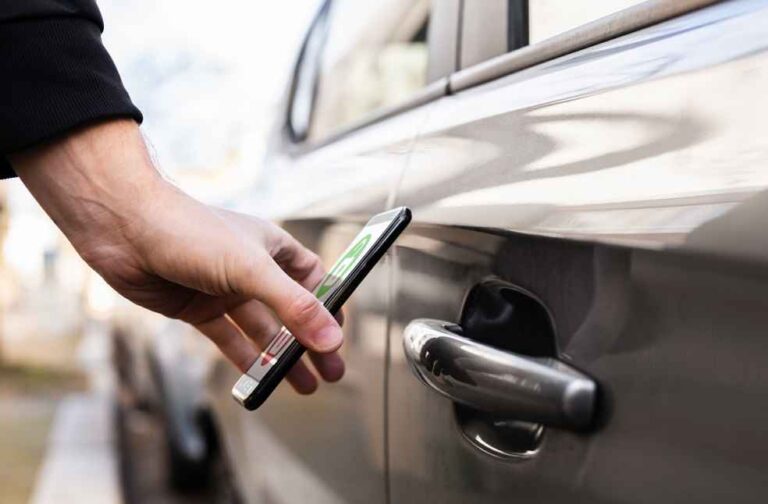Tata.ev, the electric mobility division of Tata Motors, is set to become the first Indian original equipment manufacturer (OEM) to integrate digital car key functionality with Apple Wallet. The announcement was made at Apple’s Worldwide Developers Conference (WWDC) 2025.
Apple’s Kathy Lin, Manager of Services Software Engineering, confirmed the development during the keynote, highlighting that Tata.ev would join the growing list of global automakers adopting car keys in Apple Wallet. “Car keys in Wallet provide an easier and secure way to lock, unlock, and start your car with your iPhone or Apple Watch,” Lin noted, adding that more than 20 brands currently offer this feature, with 13, including Tata, Acura, and Porsche, soon to follow.

With this advancement, Tata.ev vehicles will allow users to store a digital version of their physical car key within Apple Wallet, enabling seamless access via iPhone or Apple Watch. Users can unlock their vehicles by tapping their device near the door handle using near-field communication (NFC) or simply approaching the vehicle with ultra-wideband (UWB) technology-enabled devices for automatic unlocking.
First introduced in 2020, Apple’s digital car key has evolved to support proximity-based unlocking and engine start functions, securely managed through the device’s Secure Element chip. This hardware isolation ensures the encrypted key remains tamper-proof and inaccessible to Apple or the automaker. Additional security layers, including Face ID and device passcodes, help protect against unauthorized access.

Beyond personal convenience, Apple’s digital car key feature enables sharing access via iMessage, with controls for setting usage limits, ideal for secondary users like family members, valets, or teen drivers. If a device is lost or stolen, users can disable the key remotely through iCloud or Apple’s Find My service.
Currently supported by manufacturers such as BMW, Hyundai, Kia, BYD, Mercedes-Benz, and Mini, the integration of Tata.ev signifies Apple’s commitment to expanding the digital car ecosystem into emerging markets. For consumers in India, where the feature has seen limited adoption due to a lack of compatible models, this development could pave the way for broader mainstream usage.
From a strategic standpoint, the collaboration strengthens Tata.ev’s position as a digitally forward brand while aligning with global trends in mobility-as-a-service (MaaS), ride-sharing, and connected vehicle technologies.
UPCOMING | Cadillac Unveils the Optiq-V with Sportier Design and Power





